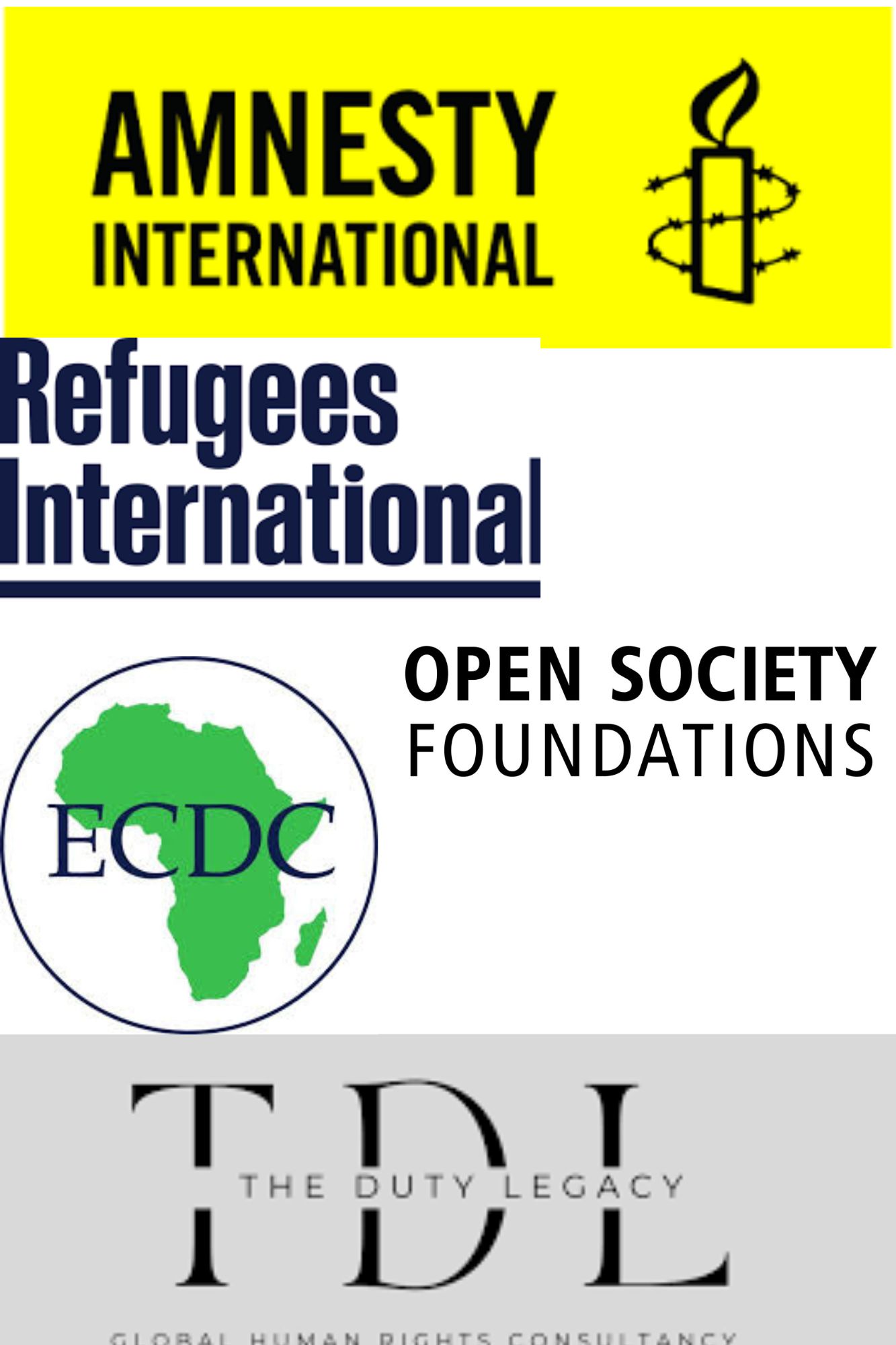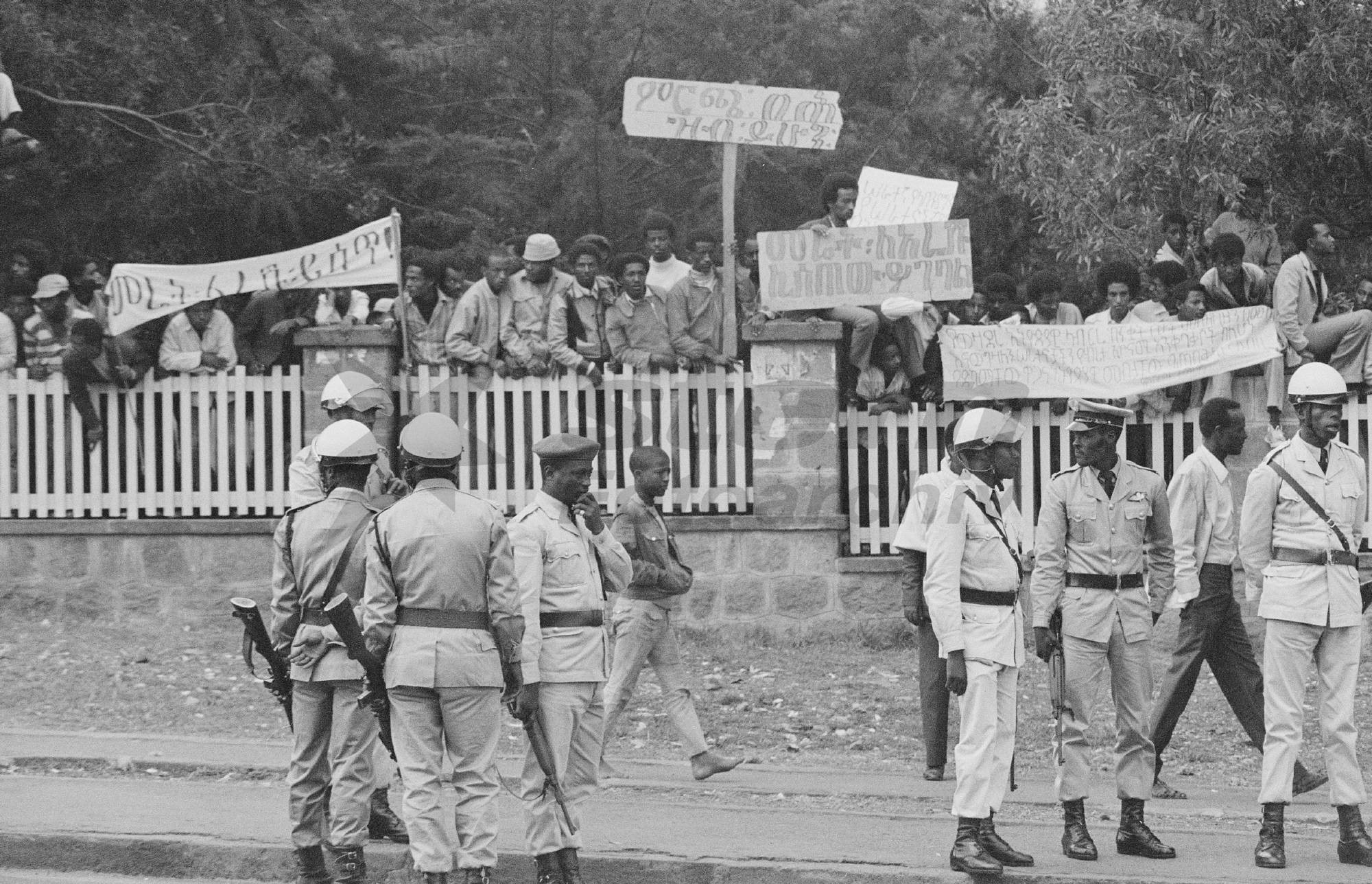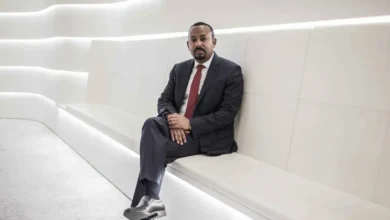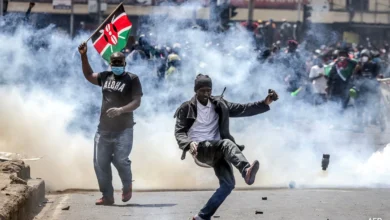Can the West Save Ethiopia From its Trajectory of Balkanization ?
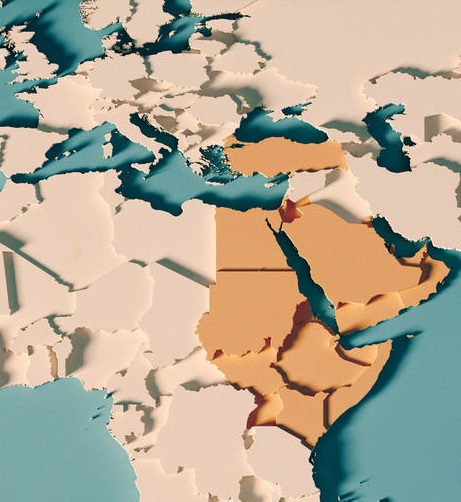
If you have grown as cynical as I have about the dysfunctionality of the international system and its institutions—or the glaring absence of global statesmanship capable of principled action—you’re not alone. The way out of Ethiopia’s compounding crises demands courage and unity, a collective reckoning with the root causes of our dilemmas, rather than reliance on external actors.
My core argument is straightforward: the international system, particularly the West, is not just failing Ethiopia but has become complicit in its unraveling.
The Cost of Indifference and Impunity
The tragedy unfolding across Ethiopia mirrors the international community’s blind spots. In the Afar, Amhara, and Tigray regions alone, the toll of the two-year civil war exceeded one million lives, with scant accountability for war crimes, crimes against humanity, or genocide. That culture of impunity has only fueled further atrocities: an all-out war against Amhara communities, mass displacement of millions, and the systematic denial of education to over 10 million Ethiopian youth.
Ethiopia now hosts the world’s largest internally displaced population. The International Organization for Migration (IOM) reported over 3.3 million internally displaced persons (IDPs) in accessible regions as of mid-2024—a number that excludes the countless “invisible IDPs” suffering in neglected corners of the country.
Seventy percent of this displacement is rooted in internal conflict. Yet, neither the West nor global institutions have prioritized addressing these systemic issues. A political settlement is essential, but such solutions remain elusive without bold, sustained pressure on those fueling the conflict.
Foreign Hands in Ethiopia’s Turmoil
Ethiopia’s domestic conflicts are seldom purely internal. External actors like the United Arab Emirates (UAE) have exploited the crisis, supplying drones and other weapons in exchange for influence and access to Ethiopia’s prime urban and agricultural assets. These arrangements compromise Ethiopia’s sovereignty and fracture its social cohesion.
Such foreign entanglements raise uncomfortable questions. Eritrean President Isaias Afewerki’s recent remarks about Ethiopia’s Prime Minister Abiy Ahmed as a “lackey of foreign powers” underscore a broader narrative: Ethiopian leadership risks becoming subservient to external agendas, whether those of the UAE, the United States, or others.
Proxy Wars and Strategic Hegemony
The involvement of Gulf powers, particularly the UAE and Saudi Arabia, in Ethiopia and neighboring Sudan is emblematic of a larger trend. As the Financial Times highlighted in a 2023 exposé, the Sudanese civil war is a theater for Riyadh and Abu Dhabi’s rivalry, with each power backing opposing factions. Such interventions exacerbate local conflicts, rendering nations like Sudan and Ethiopia fragile proxies for regional and global power struggles.
In Ethiopia, the UAE’s role reflects its broader strategic alignment with the U.S. and its ambitions in the Horn of Africa—a region critical to the Red Sea trade routes and global maritime security. While the UAE secures its interests, including food security and geopolitical leverage, the Ethiopian people bear the costs.
A Call for Ownership
The lessons from these dynamics are clear. Ethiopians cannot rely on foreign powers, whose strategic calculations often ignore—or even exploit—human suffering. Instead, those committed to justice, the rule of law, and democracy must unite around a shared purpose. The Amhara cause is not an isolated issue—it stands at the forefront of Ethiopia’s broader struggle for survival and dignity, embodying the urgent need to address systemic injustices and ensure the rights of all Ethiopians are upheld.
Conclusion
Ethiopia’s challenges are profoundly interconnected with global systems of power, from arms sales to geopolitical rivalries. But these same systems have shown little capacity—or willingness—to prioritize Ethiopian lives over their own interests. If Ethiopia is to navigate this crisis and avert further Balkanization, it will require domestic leadership with the vision and resolve to transcend internal divisions and reject external manipulation.
The path forward demands Ethiopians forge their destiny together, with a shared commitment to justice and national unity. The international community, while necessary, must be held accountable to a higher standard—one that prioritizes humanity over hegemony.
